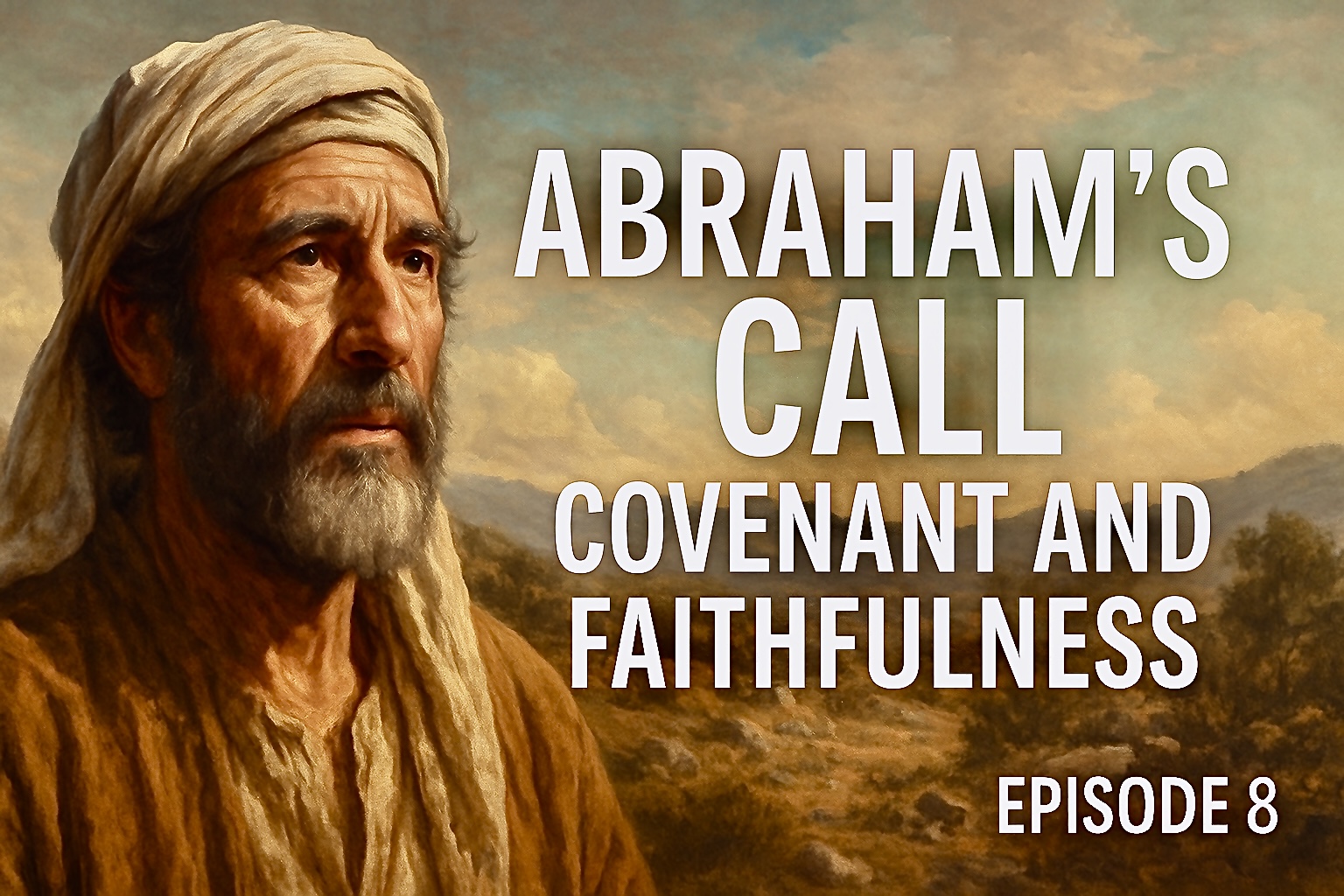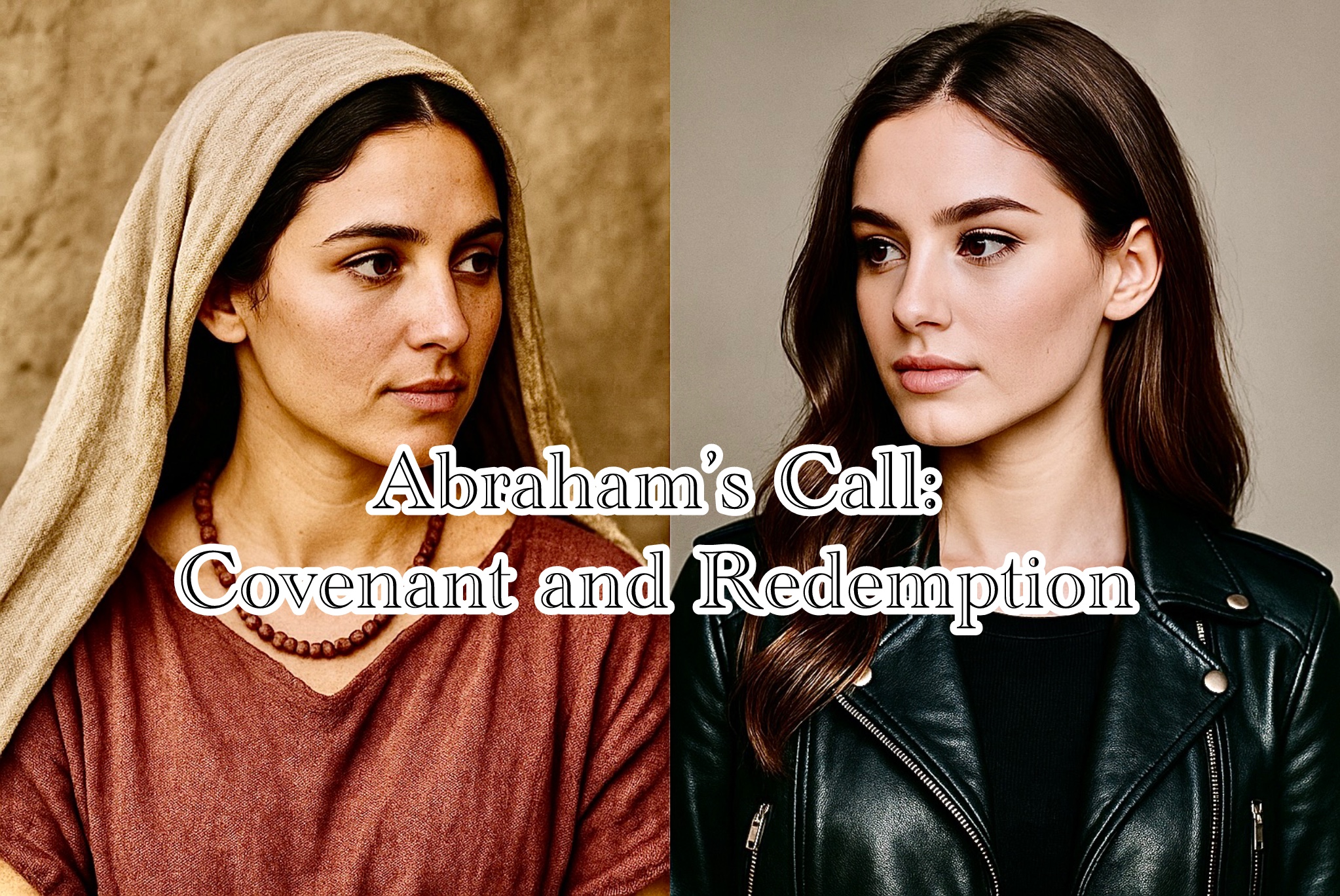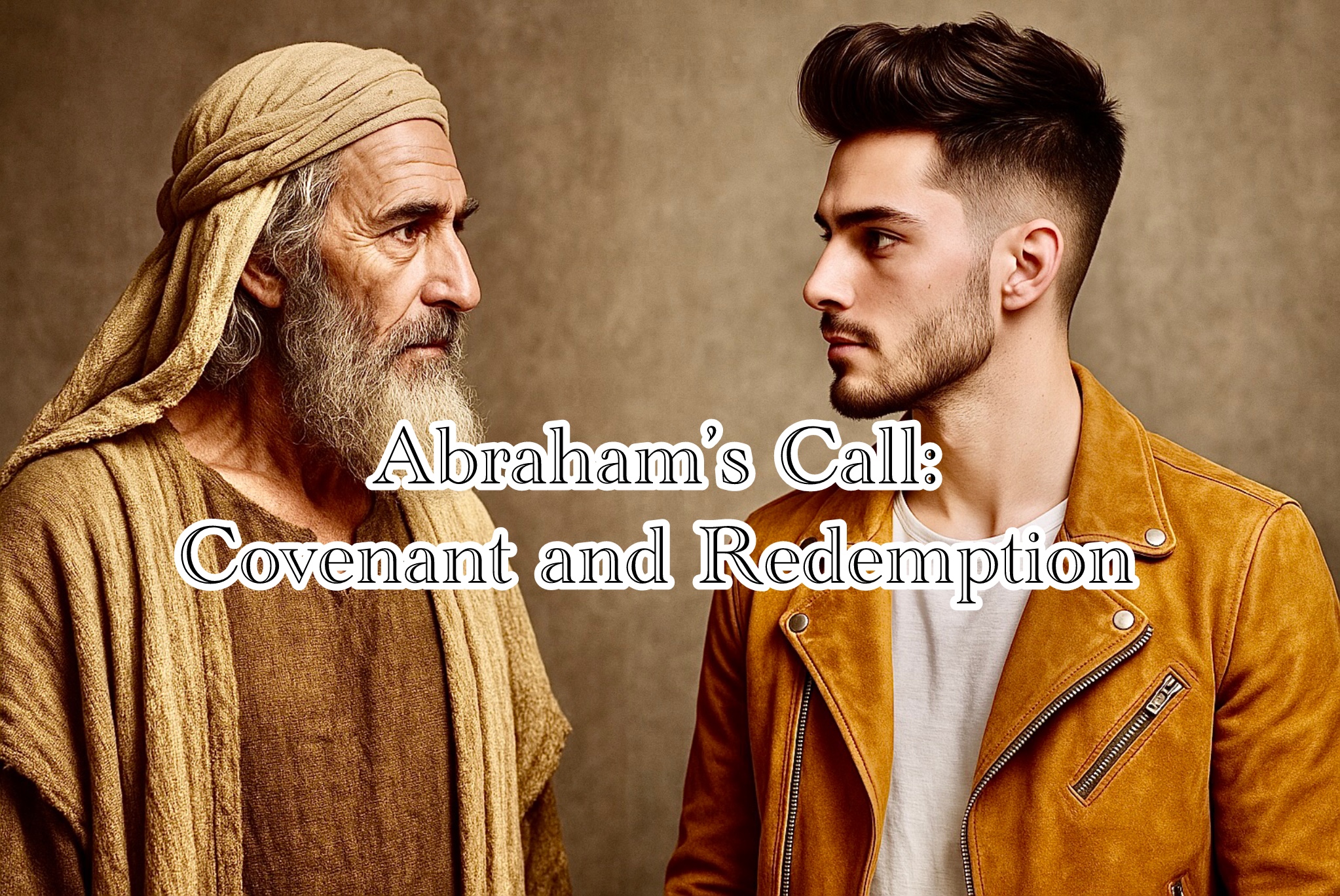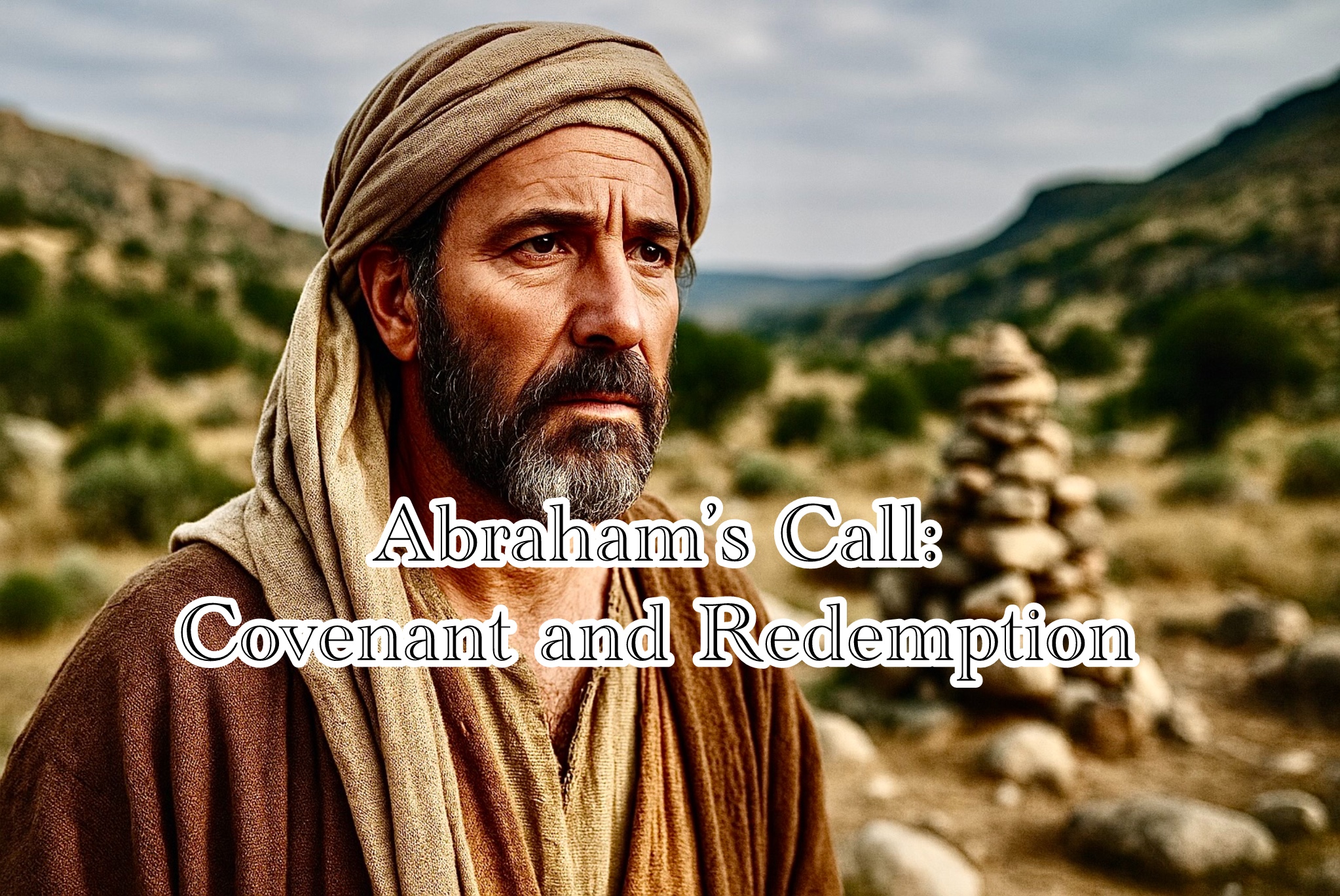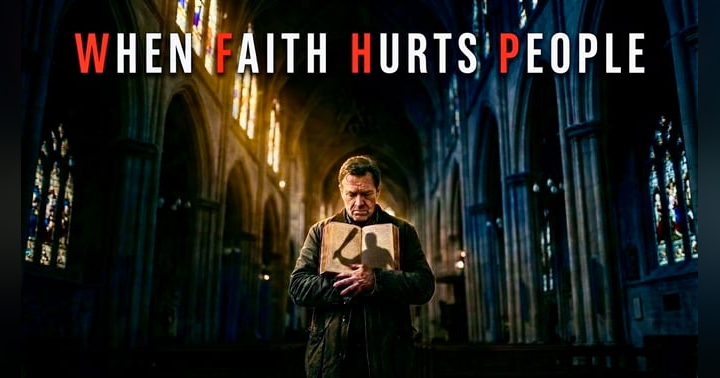Abraham’s Call: Covenant and Faithfulness
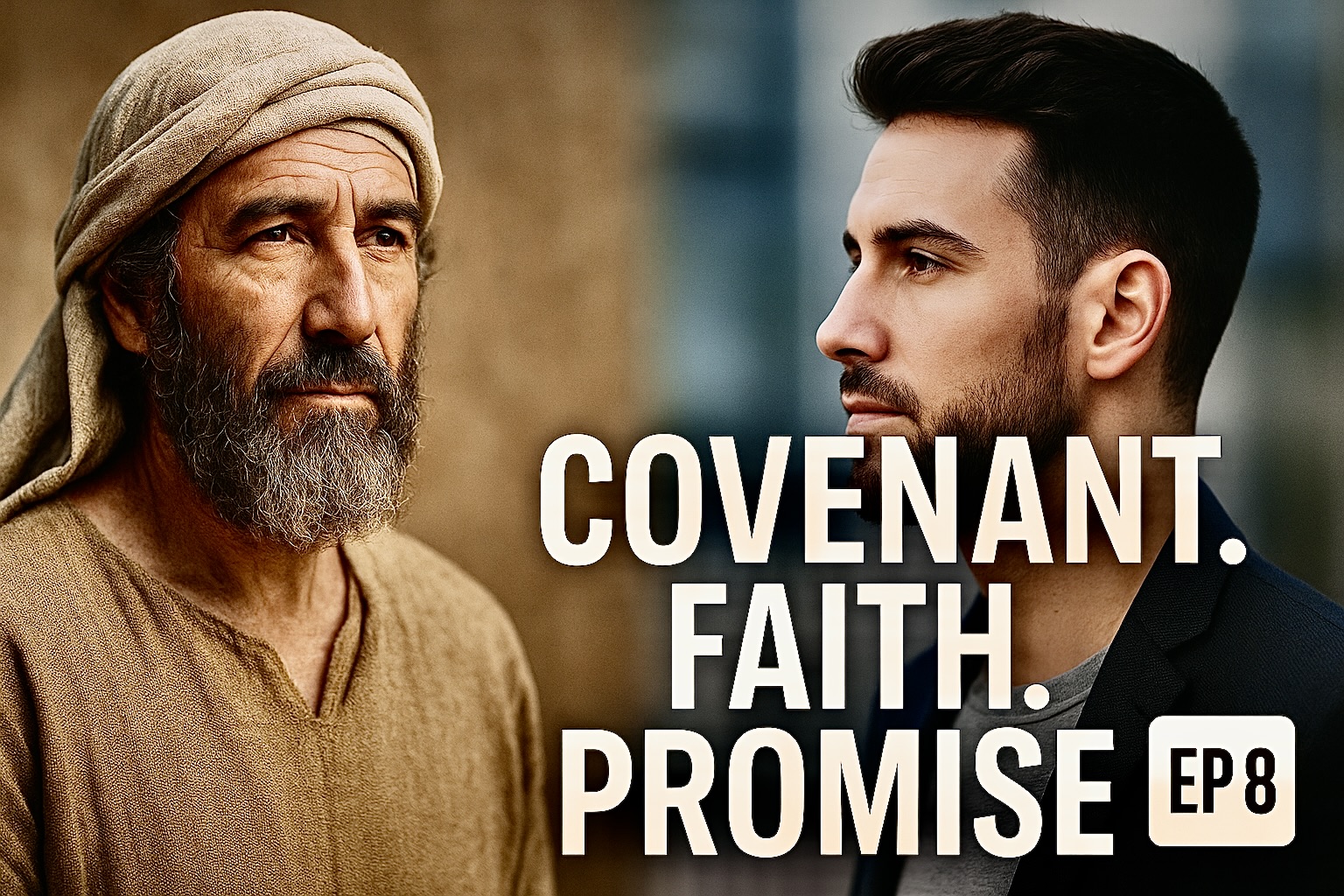
Abraham’s Call: Covenant and Faithfulness
Series: Genesis: Foundations of Covenant and Redemption
Scrolling your life away? Real talk; what if your whole future hinges on one decision: to trust God enough to walk away from everything familiar?God changed history through one man. Abram, who said yes to the unknown.This isn’t just ancient history. This is about your name, your purpose, your next step. Hit pause. Give me 30 minutes—and let Genesis 12 rewire how you see faith, identity, and your future.
https://rumble.com/v6zmv9y-abrahams-call-covenant-and-faithfulness-genesis-12-explained.html
https://www.youtube.com/live/7kCXuxzGwYE?si=ZMYv4vwOba4l7Mdg
What if God’s answer to human rebellion, corruption, and scattering was not an empire, an army, or even a religion—but one ordinary man who dared to trust Him?
What if the hope of the world began with a single covenant call: to leave everything familiar and follow the living God into the unknown?
Genesis 12 introduces us to Abram. His story began in Ur, one of the wealthiest, most advanced cities of the ancient world. Surrounded by idols, entrenched in culture and empire, Abram heard something no one else did: the voice of the living God.
And when God said “Go,” Abram went.
This is not just Abram’s story—it is your story too.
The Call of Abram
God’s call begins with the Hebrew words lekh-lekha (Genesis 12:1), often translated “Go from your country.” But the literal sense is richer: “Go to yourself,” or “Go for your own good.”
In the Ancient Near Eastern worldview, identity was rooted in family, land, and gods. To leave your father’s house was to lose security, inheritance, and identity. God wasn’t just moving Abram’s address—He was reshaping his entire life.
What does this mean for us today? Sometimes God calls us away from the “Ur” of our own lives—our false securities, our self-made empires, our comforts. He calls us to step into covenant trust.
The Covenant Promise
In Babel (Genesis 11), humans tried to make a name for themselves. In Genesis 12, God promises Abram: “I will make your name great.”
This is covenant: God’s counter-story to empire. We do not claw for significance. We do not build towers for our own glory. Instead, God gives us our place in His unfolding story.
Your name, your legacy, your worth—these are in His hands.
Faithful Obedience
Genesis 12:4 tells us simply, “So Abram went.” He didn’t have the details, but he had the call. In the Hebraic worldview, faith is not mental assent; it is loyal action. Abram trusted enough to move.
What about you? Where is God calling you to move from agreement to action?
Altars of Worship
Wherever Abram went, he built altars (Genesis 12:7). In the ANE, altars were public declarations of loyalty. Abram marked the land with visible reminders that he belonged to the God of covenant.
Where are your altars? Not just in church, but in your workplace, your home, your digital footprint. Do your spaces declare His presence?
When Faith Falters
Abram failed in Egypt. He feared, lied, and compromised. Yet God preserved Sarai and protected the covenant promise (Genesis 12:10–20).
Here lies the hope: God’s covenant faithfulness is not undone by our failures. His loyalty remains even when ours wavers.
Challenge and a Choice
Abram’s call is your call.
The challenge: What must you leave behind? What false securities, identities, or fears are chaining you to “Ur”?
The choice: Will you cling to Babel, striving to make a name for yourself? Or will you walk in Abraham’s faith, trusting God to make His Name great through you?
Prayer of Salvation
If you feel the tug to trust God with your life, pray with me:
“God, I’m tired of living life on my own terms. I’ve tried to make my own name, my own security, my own plan—and I’m empty. Today I choose to trust You. I leave behind what’s holding me back, and I turn toward You.
I believe You sent Yeshua, Jesus the Messiah, to bring me back into Your covenant family—to forgive me, renew me, and give me new life. Fill me with Your Spirit and teach me to walk in Your ways. From this day forward, my life is Yours. Lead me, and I will follow. Amen.”
If you prayed that prayer today, I want to welcome you into the family of God! This is the most important decision you will ever make. And you do not have to walk this road alone. Reach out at TrueWordFaithforLife.com—I will personally connect with you and help guide your next steps.
⸻
Abram’s call is still echoing. God is still saying: “Go. Trust Me. Be Mine. And I will bless the nations through you.”
Live as a covenant partner. Live as a blessing. Live in the faith of Abraham.
Shalom b’Shem Yeshua.
